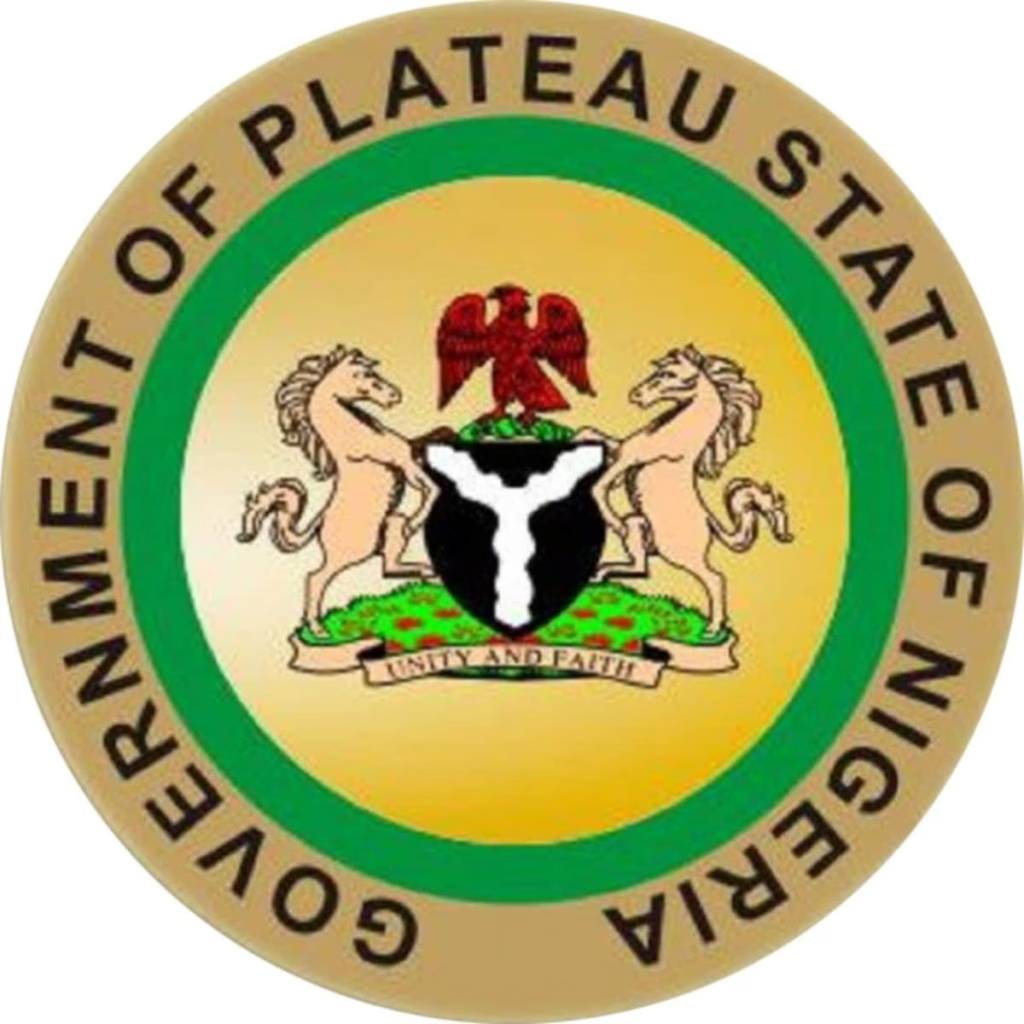The Plateau State government has rejected claims by a Nigerian media organization that it failed to meet statutory deadlines for publishing its 2024 audited financial records, asserting it complied with all legal requirements. This follows a report by the Foundation for Investigative Journalism (FIJ), which identified Plateau as one of several Nigerian states accused of delaying submissions to federal authorities.
In a statement issued Wednesday, Plateau’s Accountant-General, Naanre Asabe Manset, clarified that the state’s financial statements were delivered to the Office of the Auditor-General in May 2025. She detailed that the documents underwent legislative review, receiving approval from the Plateau State House of Assembly in June 2025, and were subsequently published online by July 30, 2025—a timeline she said fell squarely within the nine-month window mandated by law.
“The public is invited to review these audited records, which remain accessible on our official platforms,” Manset stated, adding that the government prioritizes adherence to transparency standards. She questioned the basis of FIJ’s allegations, urging an immediate correction to “remove Plateau from any list of non-compliant states.”
Financial accountability has become a focal point in Nigerian governance, with states legally required to submit audited reports within nine months of each fiscal year’s conclusion. Delays often draw public scrutiny, as timely disclosures are seen as critical to assessing fiscal responsibility and combating corruption. Plateau’s rebuttal underscores the sensitivity surrounding compliance in a nation where subnational budget management remains under heightened watch.
The FIJ has not yet publicly responded to the government’s demand for a retraction. Meanwhile, the dispute highlights broader challenges in reconciling independent oversight with institutional reporting processes. Analysts note that inconsistencies in public records accessibility or miscommunication between agencies could contribute to such disputes, though the specific trigger for this disagreement remains unclear.
Plateau State’s announcement aligns with efforts by Nigerian subnational governments to counter perceptions of financial mismanagement, particularly as international partners and investors emphasize governance reforms. With all documents reportedly published and archived, authorities now aim to redirect attention to their transparency initiatives, though the resolution of this dispute may hinge on further dialogue between media watchdogs and institutional stakeholders.
